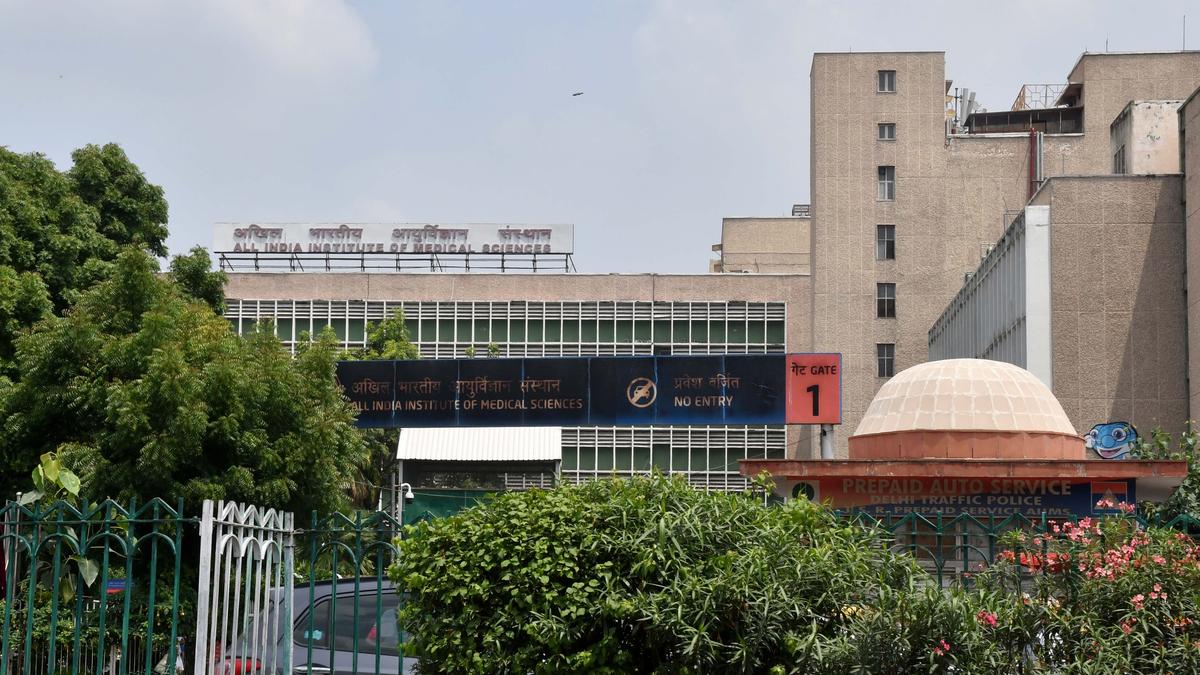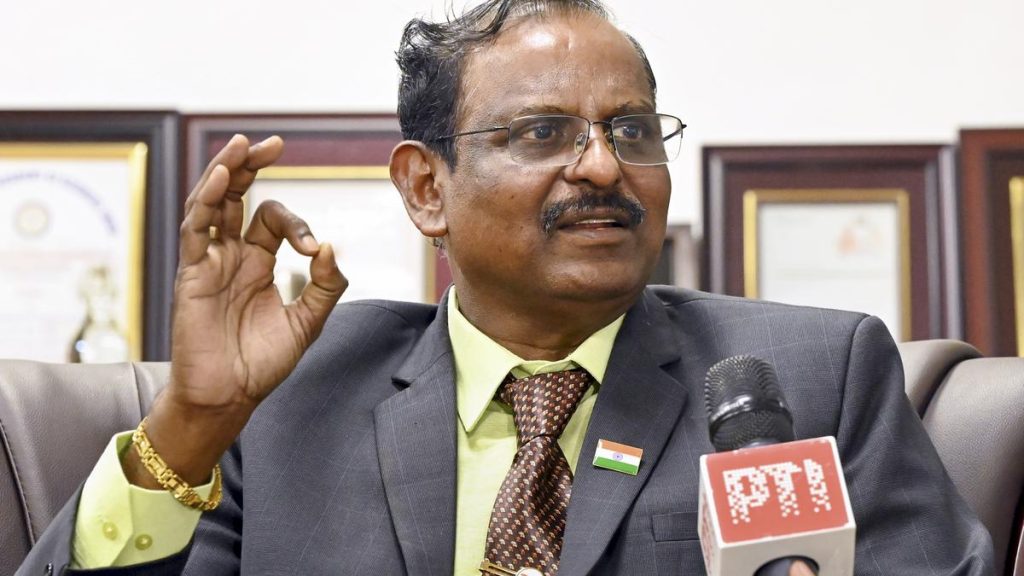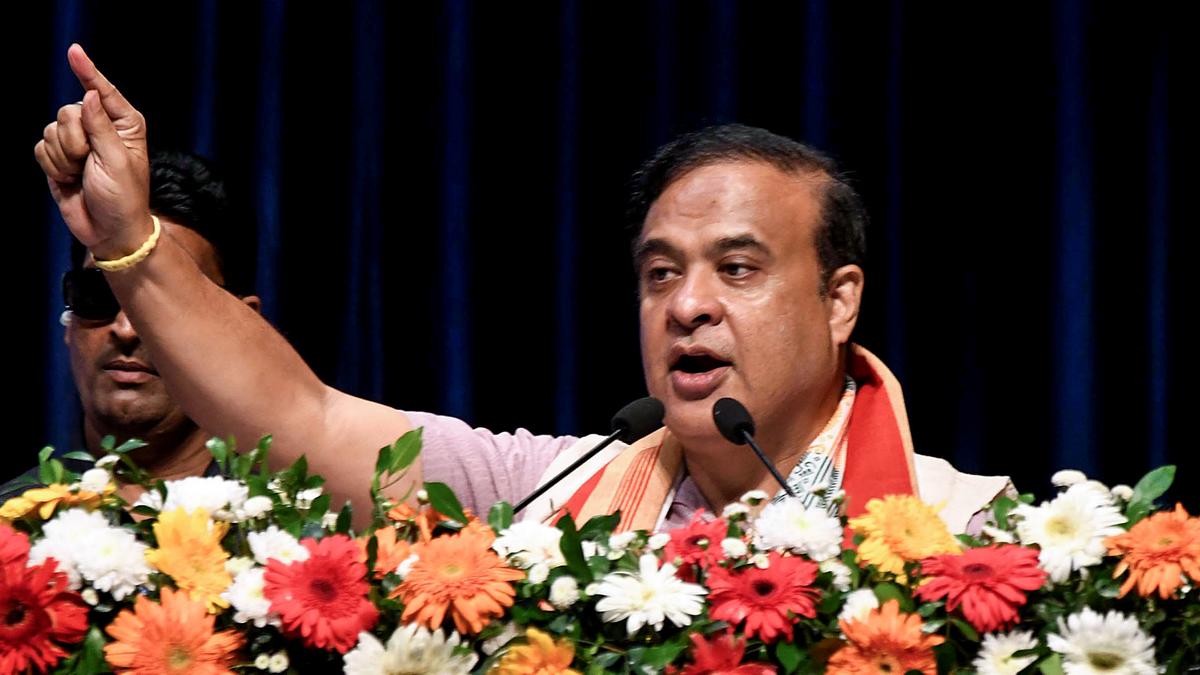Now Reading: Centre: AIIMS Delhi Faces Two-Year Waiting Period for Planned Procedures Amid Patient Surge
-
01
Centre: AIIMS Delhi Faces Two-Year Waiting Period for Planned Procedures Amid Patient Surge
Centre: AIIMS Delhi Faces Two-Year Waiting Period for Planned Procedures Amid Patient Surge

Quick summary:
- The general waiting period for planned procedures at AIIMS Delhi can extend up to two years due to heavy patient load, as stated by Minister of State for health and Family Welfare Prataprao Jadhav in the Rajya Sabha.
- Specific timeframes:
– General Surgery: Up to two months.
– Gynaecology (critical malignancy cases): Up to three months.
– gastro-intestinal surgeries: Three to six months; critical cases are prioritized.
– No more than a one-year wait for cardio-thoracic-vascular surgery and neurosurgery in urgent cases.
– Liver transplants depend on donor availability, but surgeries for resectable liver diseases have no waiting period.
- Departments with no waiting periods include Ophthalmology,ENT,Paediatrics,burns and Plastic Surgery,Urology,and Dental surgery.
- Current figures of pending surgeries shared:
– Cardio-thoracic-vascular surgery: 690 patients awaiting procedures.
– Neurosurgery: 1,324 patients awaiting treatment.
– Surgical oncology: 305 pending cases.
– Cochlear implants: Only 28 pending patients.
Indian Opinion Analysis:
AIIMS Delhi’s extensive patient load highlights the challenges faced by India’s public health infrastructure in addressing high-volume demands while ensuring timely care for critical conditions. While priority is given to urgent medical needs such as cardio-thoracic or neurosurgical emergencies, the extended waiting times for generalized procedures may signify systemic inefficiencies stemming from personnel or resource shortages.
The Ministry’s transparency regarding specific department wait times demonstrates a commitment to accountability; however, delays spanning several months – notably in gastro-intestinal surgeries and malignancies – could impact disease progression outcomes if not managed adequately.Departments with zero delays provide points of operational efficiency that might serve as models for reducing bottlenecks elsewhere at AIIMS and across other institutions nationwide.























